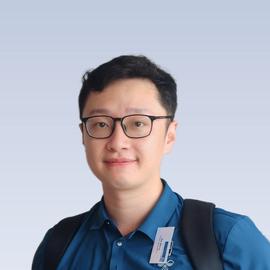Abstract
We show a meaningful theory of classical communication over quantum channels when assisted by no-signalling (NS) and PPT-preserving (PPT) codes, for which both the optimal success probability of a given transmission rate and one-shot -error capacity are formalized as semidefinite programs (SDPs). Based on this, we obtain improved SDP finite blocklength converse bounds for general quantum channels, which also reduce to the converse bound of Polyanskiy, Poor, and Verdú for classical channels. Furthermore, we derive two SDP strong converse bounds for the classical capacity of a general quantum channel: for any code with a rate exceeding either of the two bounds of the channel, the success probability vanishes exponentially fast as the number of channel uses increases. In particular, applying our efficiently computable bounds, we derive improved upper bounds to the classical capacity of the class of amplitude damping channels. Remarkably, we also establish the strong converse property for the classical and private capacities of a new class of quantum channels. We finally study the zero-error setting and provide efficiently computable upper bounds on the one-shot zero-error capacity of a general quantum channel.
Publication
IEEE Transactions on Information Theory

Associate Professor
Prof. Xin Wang founded the QuAIR lab at HKUST(Guangzhou) in June 2023. His research primarily focuses on better understanding the limits of information processing with quantum systems and the power of quantum artificial intelligence. Prior to establishing the QuAIR lab, Prof. Wang was a Staff Researcher at the Institute for Quantum Computing at Baidu Research, where he concentrated on quantum computing research and the development of the Baidu Quantum Platform. Notably, he spearheaded the development of Paddle Quantum, a Python library designed for quantum machine learning. From 2018 to 2019, Prof. Wang held the position of Hartree Postdoctoral Fellow at the Joint Center for Quantum Information and Computer Science (QuICS) at the University of Maryland, College Park. He earned his doctorate in quantum information from the University of Technology Sydney in 2018, under the guidance of Prof. Runyao Duan and Prof. Andreas Winter. In 2014, Prof. Wang obtained his B.S. in mathematics (with Wu Yuzhang Honor) from Sichuan University.